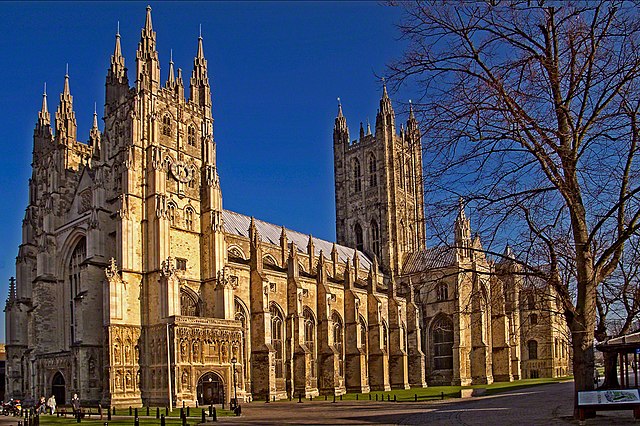Anglican Episcopal Church of Brazil
The Anglican Episcopal Church of Brazil is the 19th province of the Anglican Communion, covering the country of Brazil. It is composed of nine dioceses and one missionary district, each headed by a bishop, among whom one is elected as the Primate of Brazil. The current Primate is Marinez Rosa dos Santos Bassotto. IEAB is the oldest non-Catholic church in Brazil, originating from the Treaty of Commerce and Navigation signed in 1810 between Portugal and the United Kingdom which allowed the Church of England to establish chapels in the former Portuguese colony. In 1890 American missionaries from the Episcopal Church established themselves in the country aiming to create a national church; unlike the English chapels, they celebrated services in Portuguese and converted Brazilians. The Anglican community of Brazil was a missionary district of the Episcopal Church until 1965, when it gained its ecclesiastical independence and became a separate province of the Anglican Communion. Twenty years later, IEAB began to ordain women. It preaches a social gospel, being known for its commitment to fight against problems that affect vast portions of the Brazilian society, such as social inequality, land concentration, domestic violence, racism, homophobia and xenophobia. Its stance as an Inclusive Church has caused both schisms and the arrival of former Catholics and Evangelicals in search of acceptance.

Anglican Episcopal Church of Brazil
Maurício José Araújo de Andrade, Primate Bishop of the Anglican Episcopal Church of Brazil from 2006 to 2013
The Anglican Communion is the third largest Christian communion after the Roman Catholic and Eastern Orthodox churches. Formally founded in 1867 in London, the communion has more than 85 million members within the Church of England and other autocephalous national and regional churches in full communion. The traditional origins of Anglican doctrine are summarised in the Thirty-nine Articles (1571). The archbishop of Canterbury in England acts as a focus of unity, recognised as primus inter pares, but does not exercise authority in Anglican provinces outside of the Church of England. Most, but not all, member churches of the communion are the historic national or regional Anglican churches.
Canterbury Cathedral
Anglican confirmation at the Mikael Agricola Church in Helsinki, Finland, in June 2013
The Chair of St Augustine (the episcopal throne in Canterbury Cathedral, Kent), seat of the archbishop of Canterbury in his role as head of the Anglican Communion





